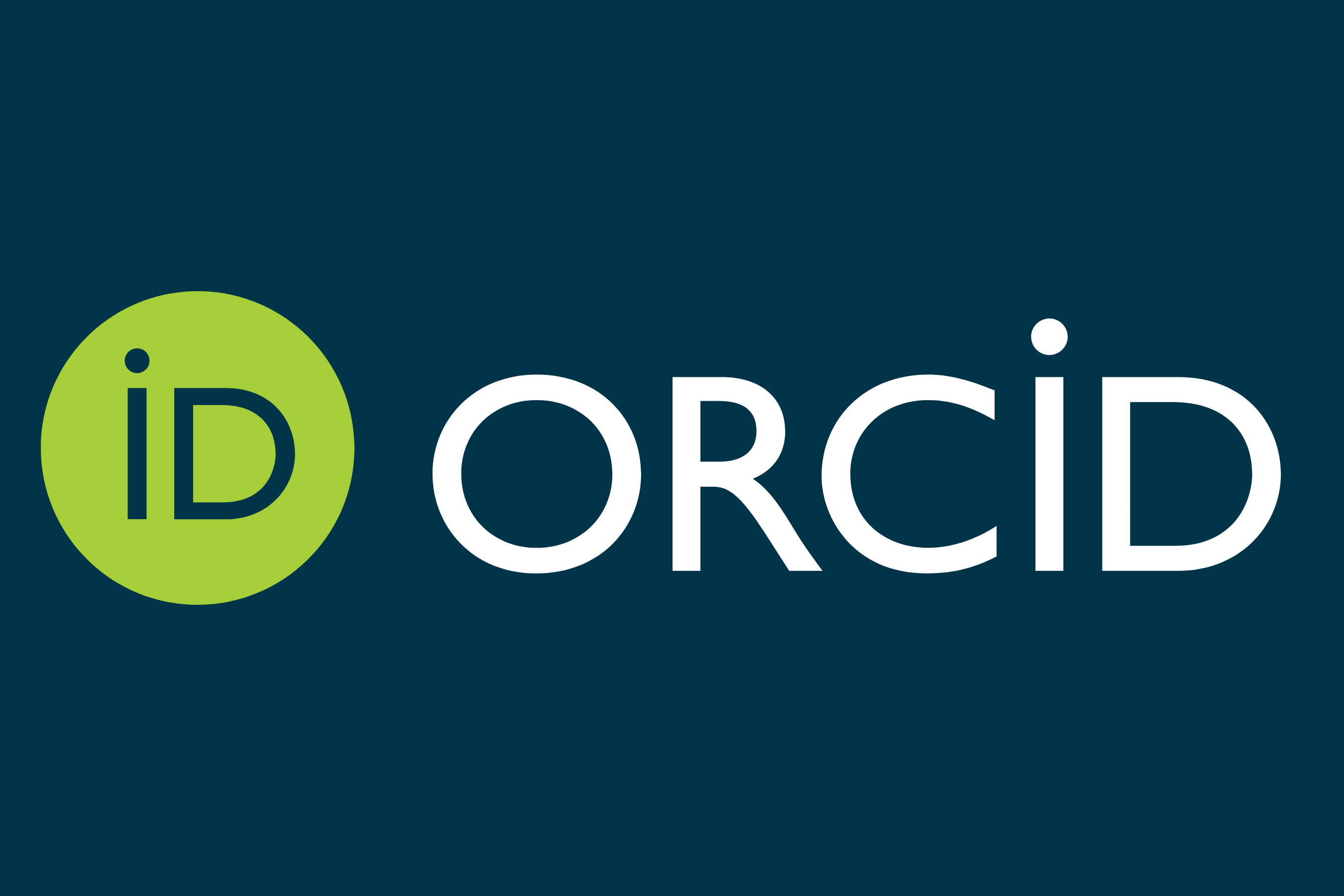العلاقة بين ممارسات القوة وسلوكيات القيادة الأخلاقية – بحث ميداني في جامعة بغداد
Abstract
This research deals with two variables foundations (power practices، behaviors Ethical leadership) and deportation associated with each variable، and the goal of the study، diagnosis of force practices in the researched and its philosophical role in achieving the sacred goals by the organization the organization، we test the study in Baghdad University، by selection sample composed of 271 faculty and staff members . The answer has been presented in the questionnaire analysis. The questionnaire made of 45 questions and we used the statistical analysis such as arithmetic mean، standard deviation، correlation and deviation , and the hypotheses offered a prominent role in the access to the facts and help the researcher the interpretation. The study found a set of conclusions recall very little of them، to force the practices and behaviors of moral leadership have a role in clarifying the uncertainty circle around the variables dimensions and significance in influencing the followers negative or positive way، legitimate power represents a strong link in the impact on personnel and respond to the power of office such a way that they are followers Mxworan misdemeanors before any storm blowing by the incumbent this may be one of the reasons that the results were way high proportion before the officers and answer the questions that reveal the convictions on them in a way power position in the organization practices.
As for the recommendations and proposals، it recommended that detect legitimate power and practices of the followers and the degree of impact on them and this is by observing the direct realization daily by the deans and the extent of their association strongly position and influence so that the performance is linked to the job، even if he is weak.
Downloads
Downloads
Published
Issue
Section
License
The journal of Administration & Economics is an open- access journal that all contents are free of charge. Articles of this journal are licensed under the terms of the Creative Commons Attribution International Public License CC-BY 4.0 (https://creativecommons.org/licenses/by/4.0/legalcode) that licensees are unrestrictly allowedto search, download, share, distribute, print, or link to the full text of the articles, crawl them for indexing and reproduce any medium of the articles provided that they give the author(s) proper credits (citation). The journal allows the author(s) to retain the copyright of their published article.
Creative Commons-Attribution (BY)









